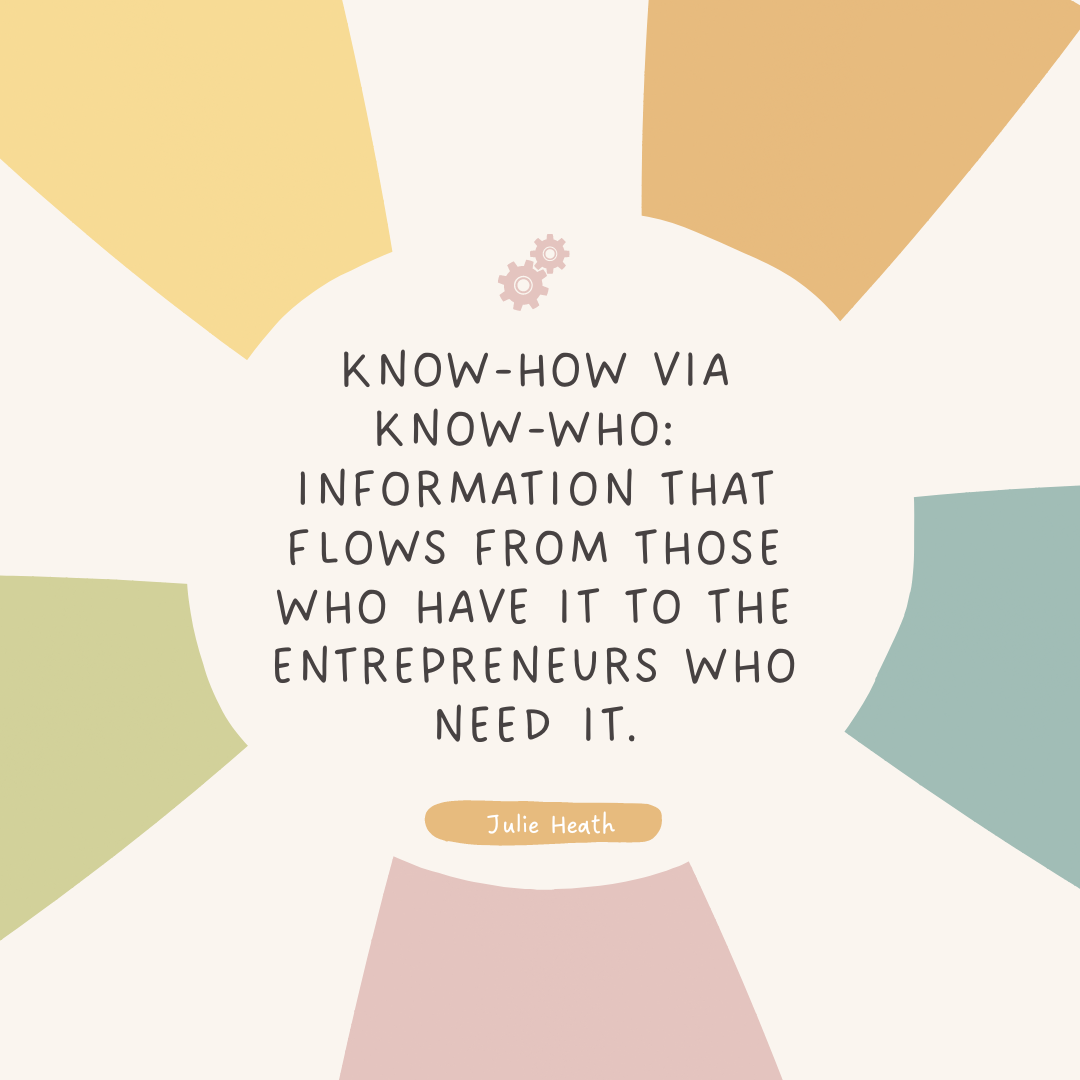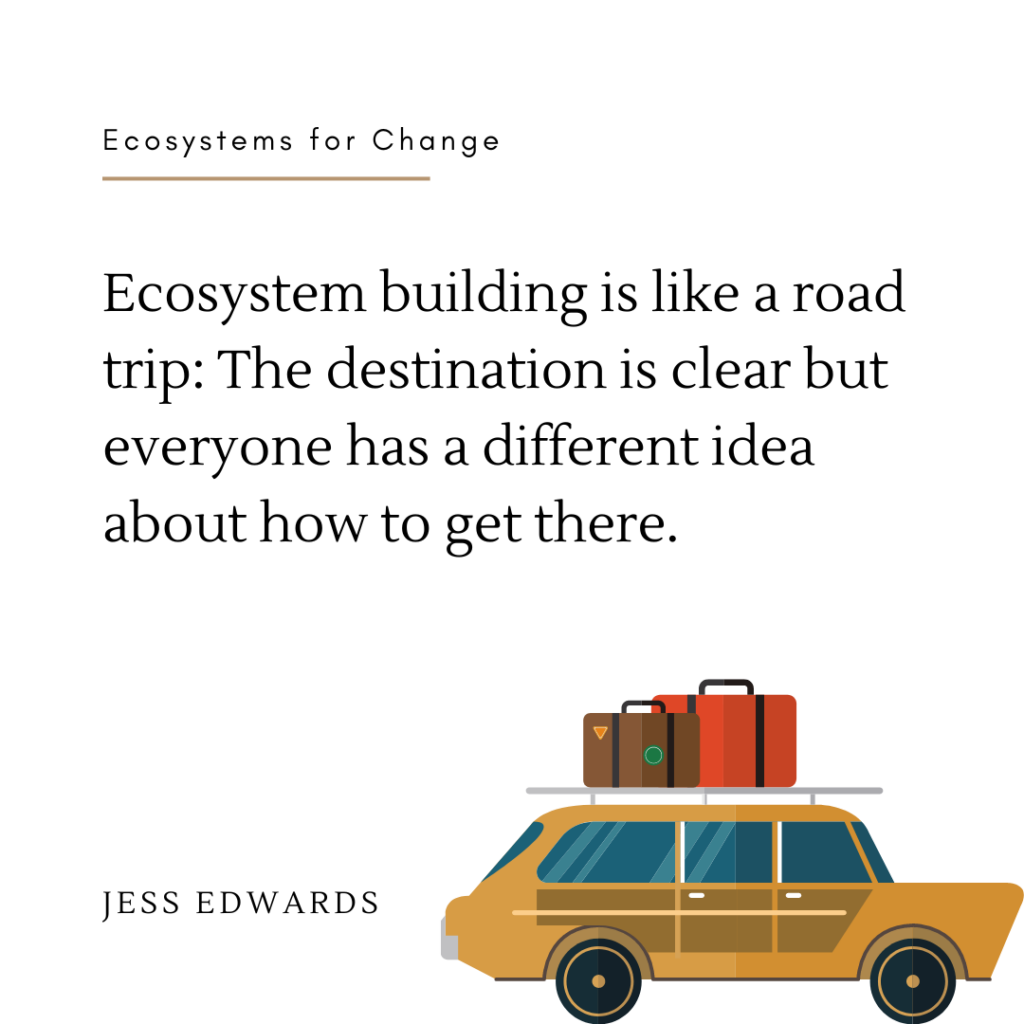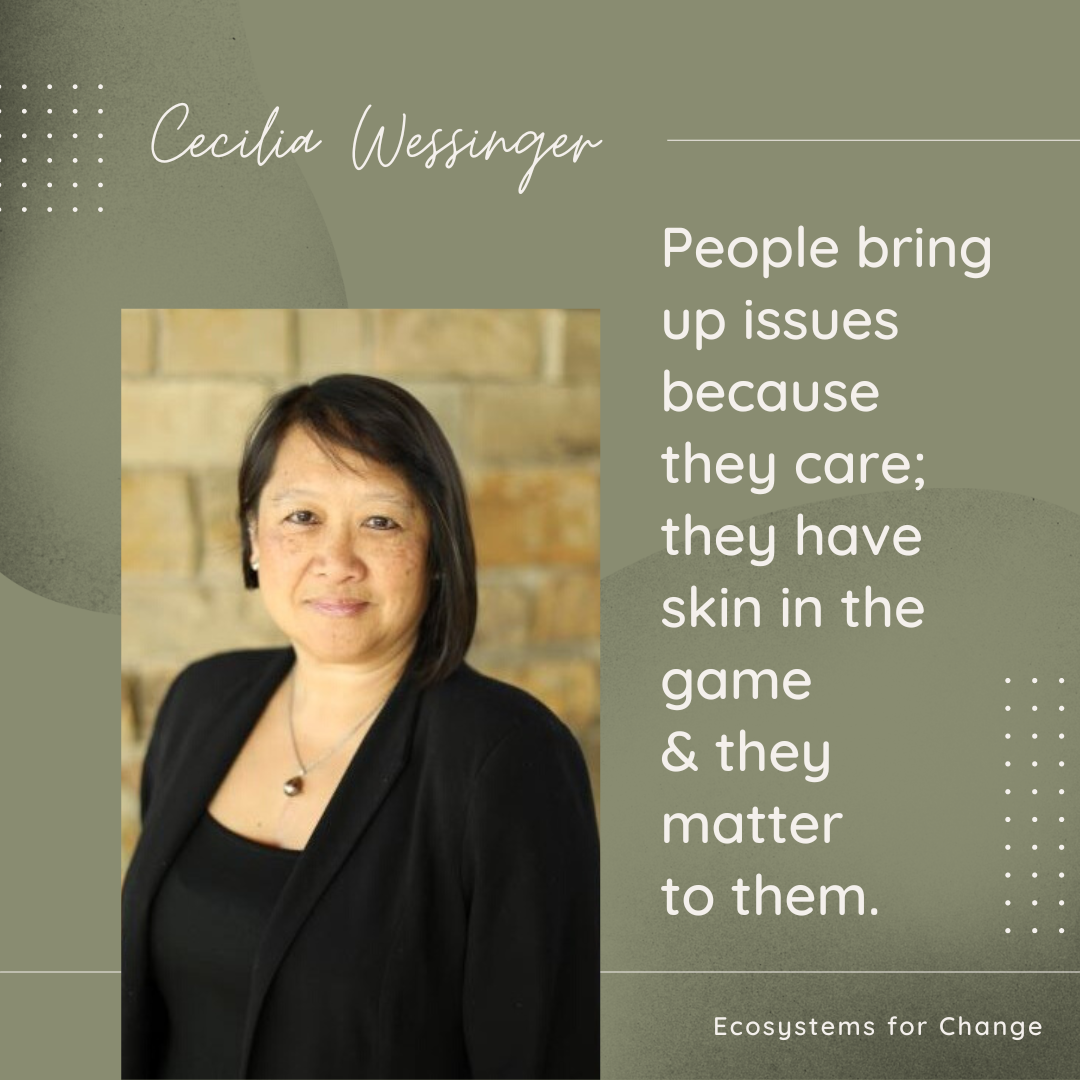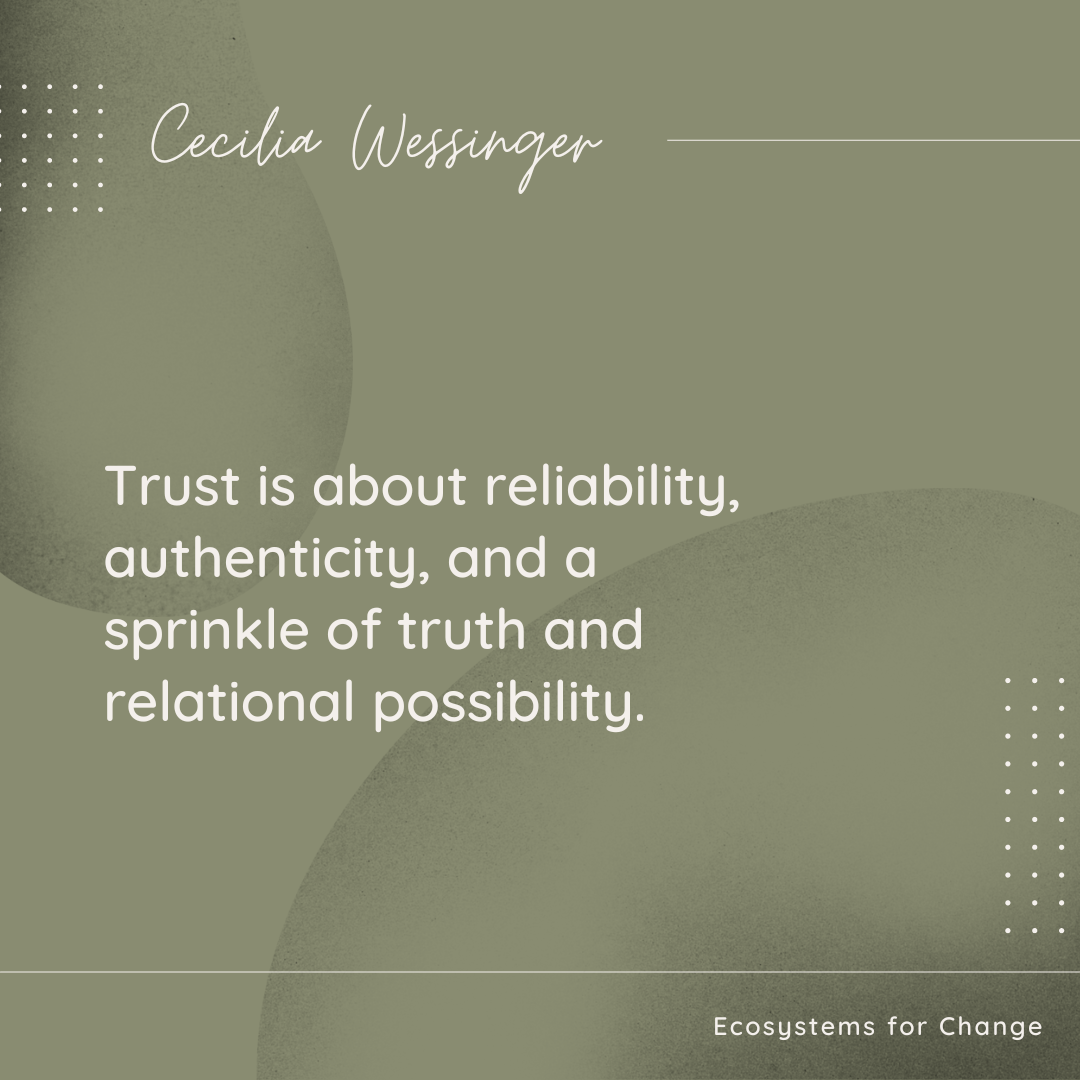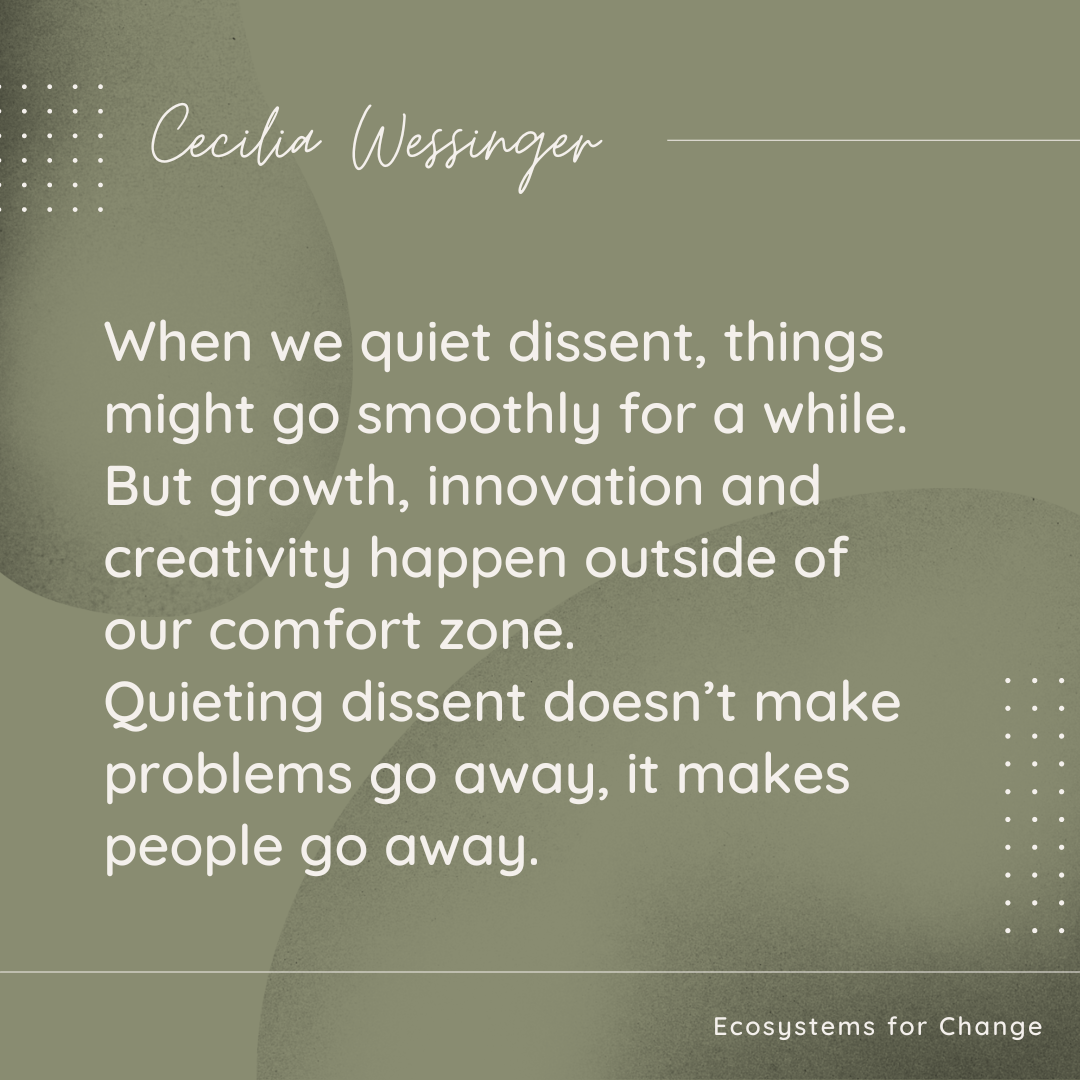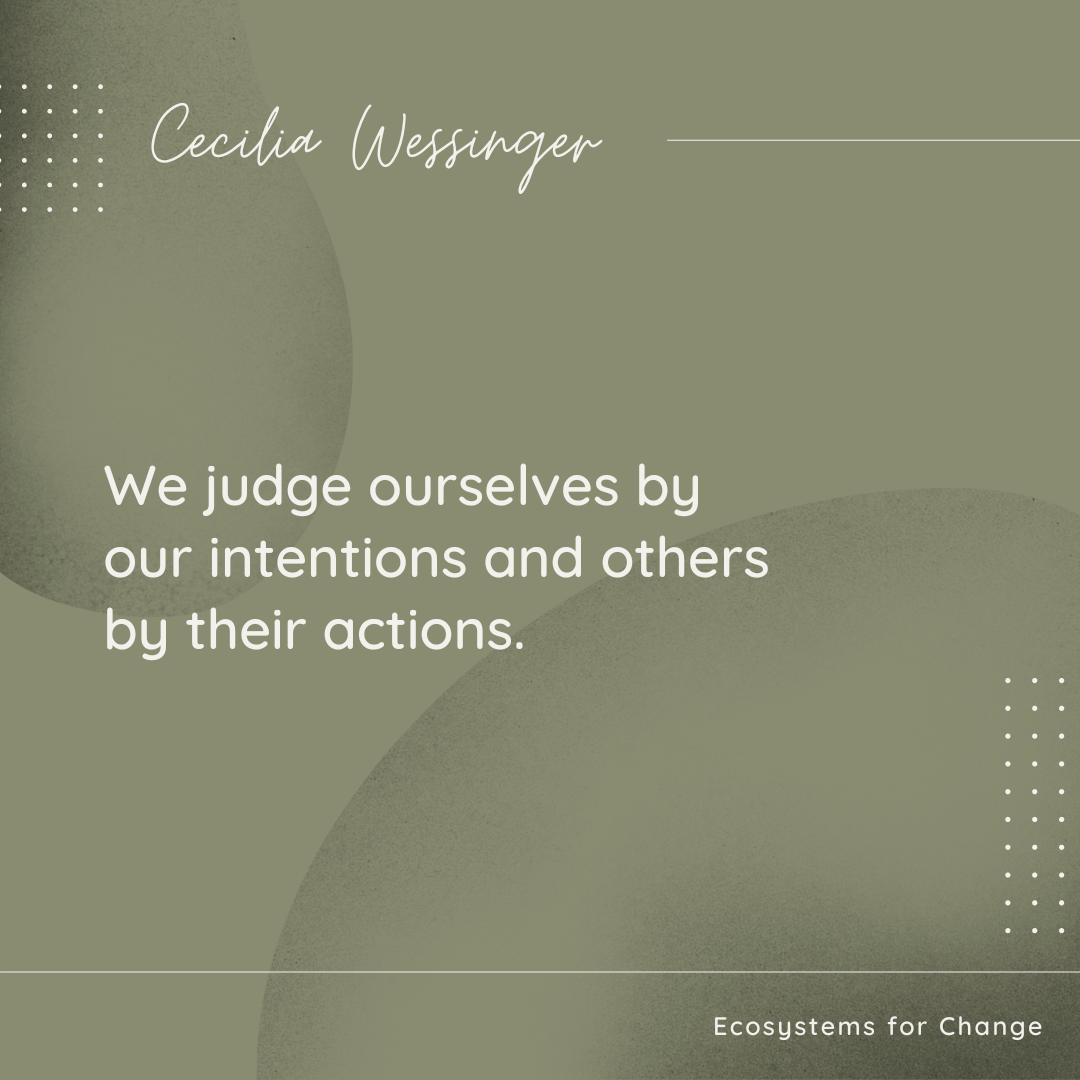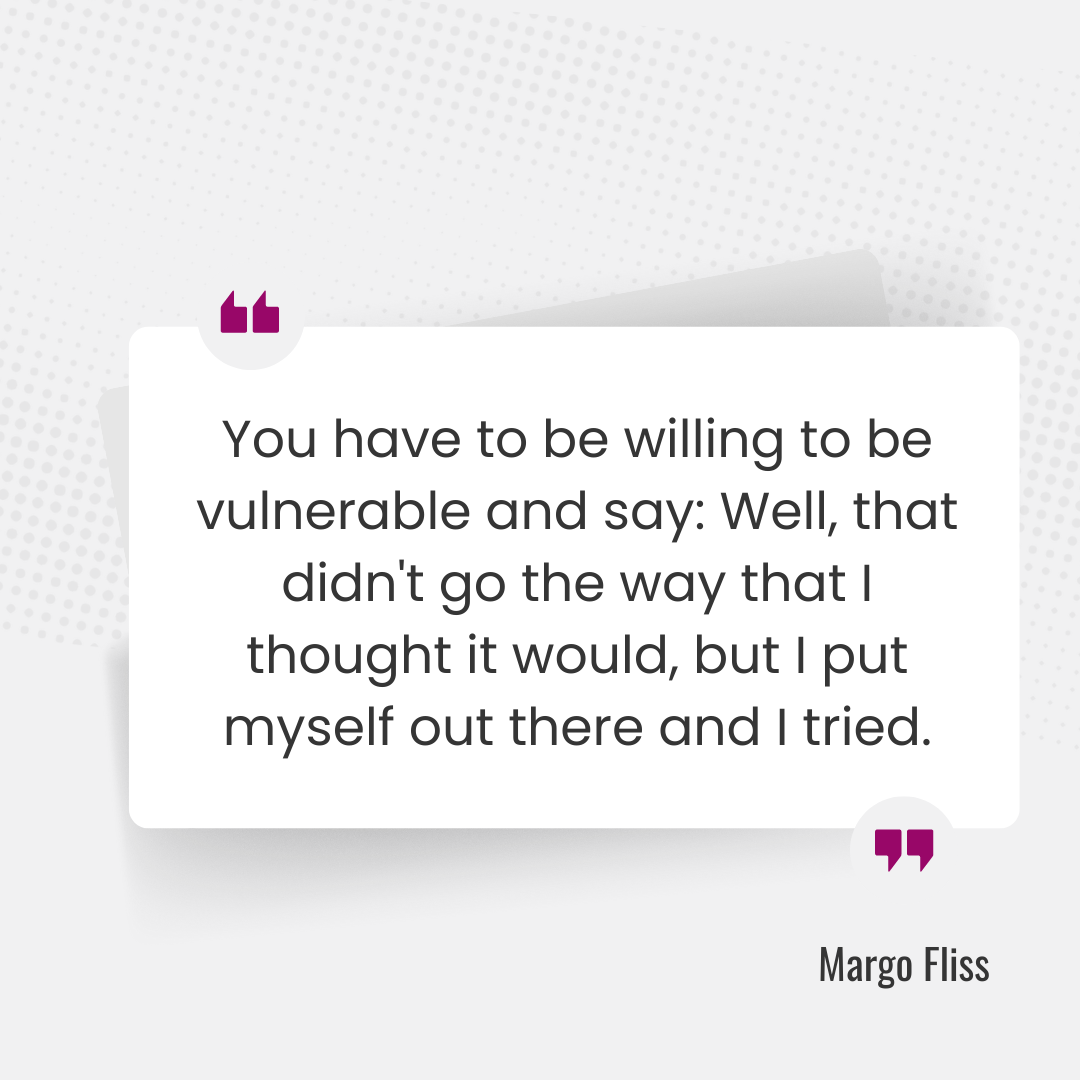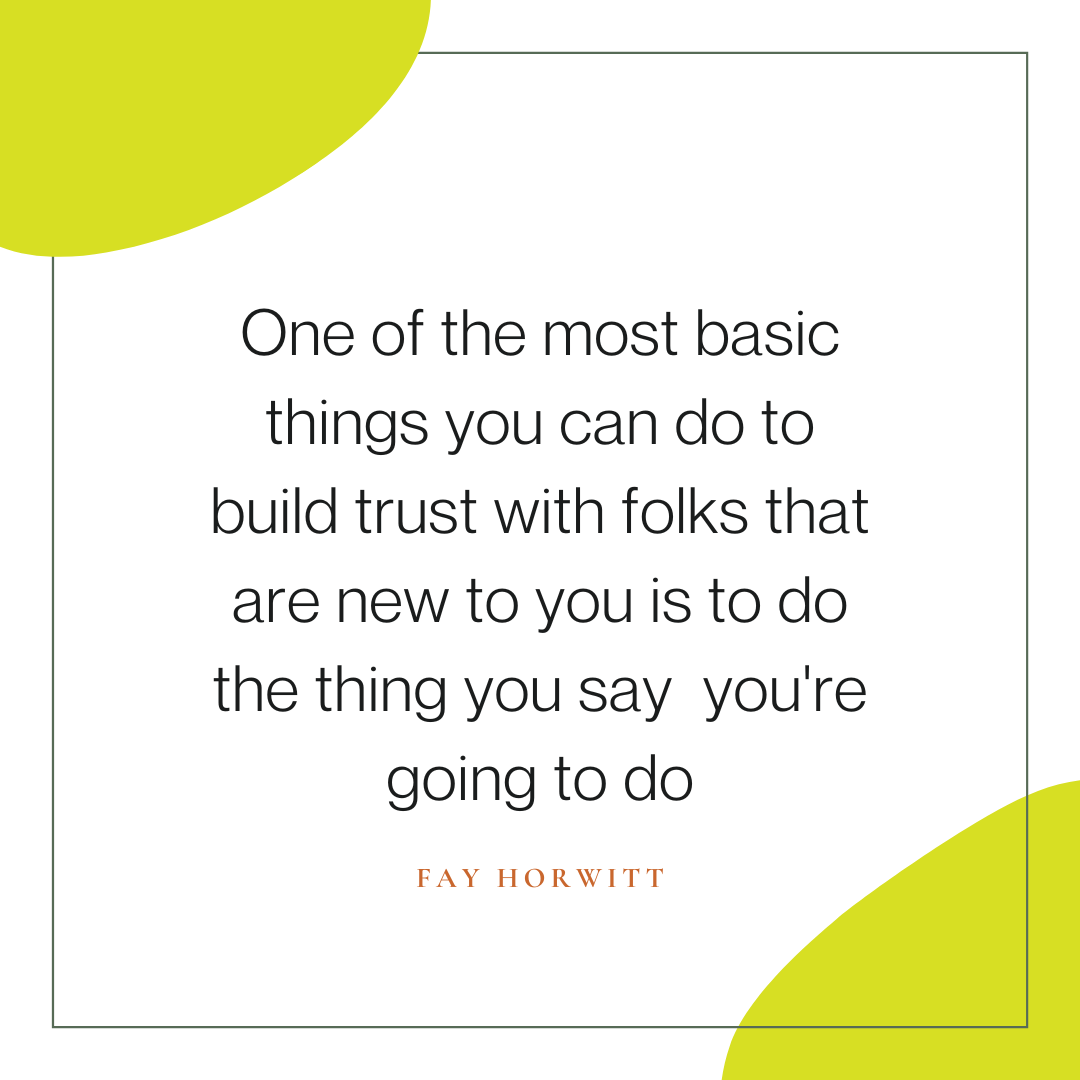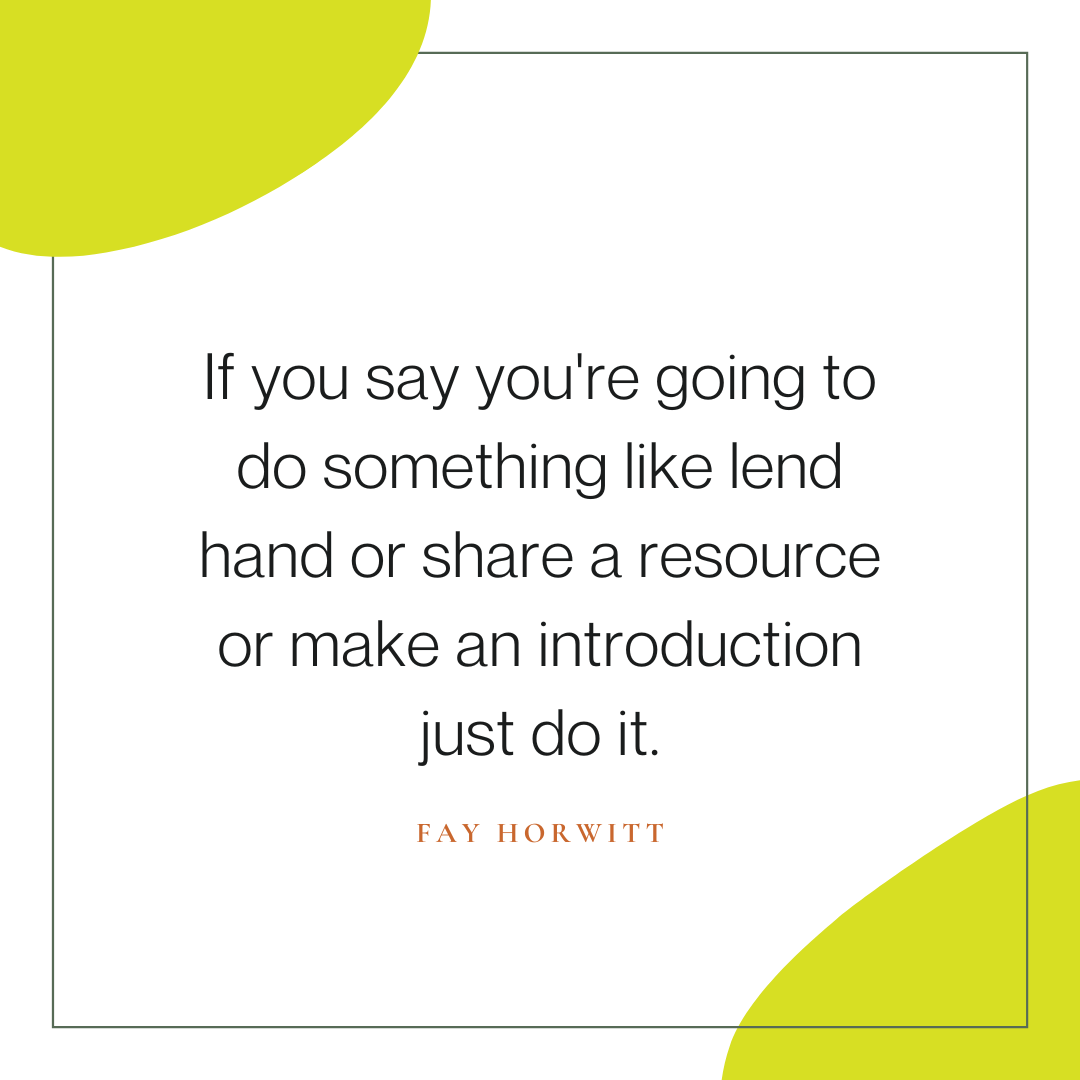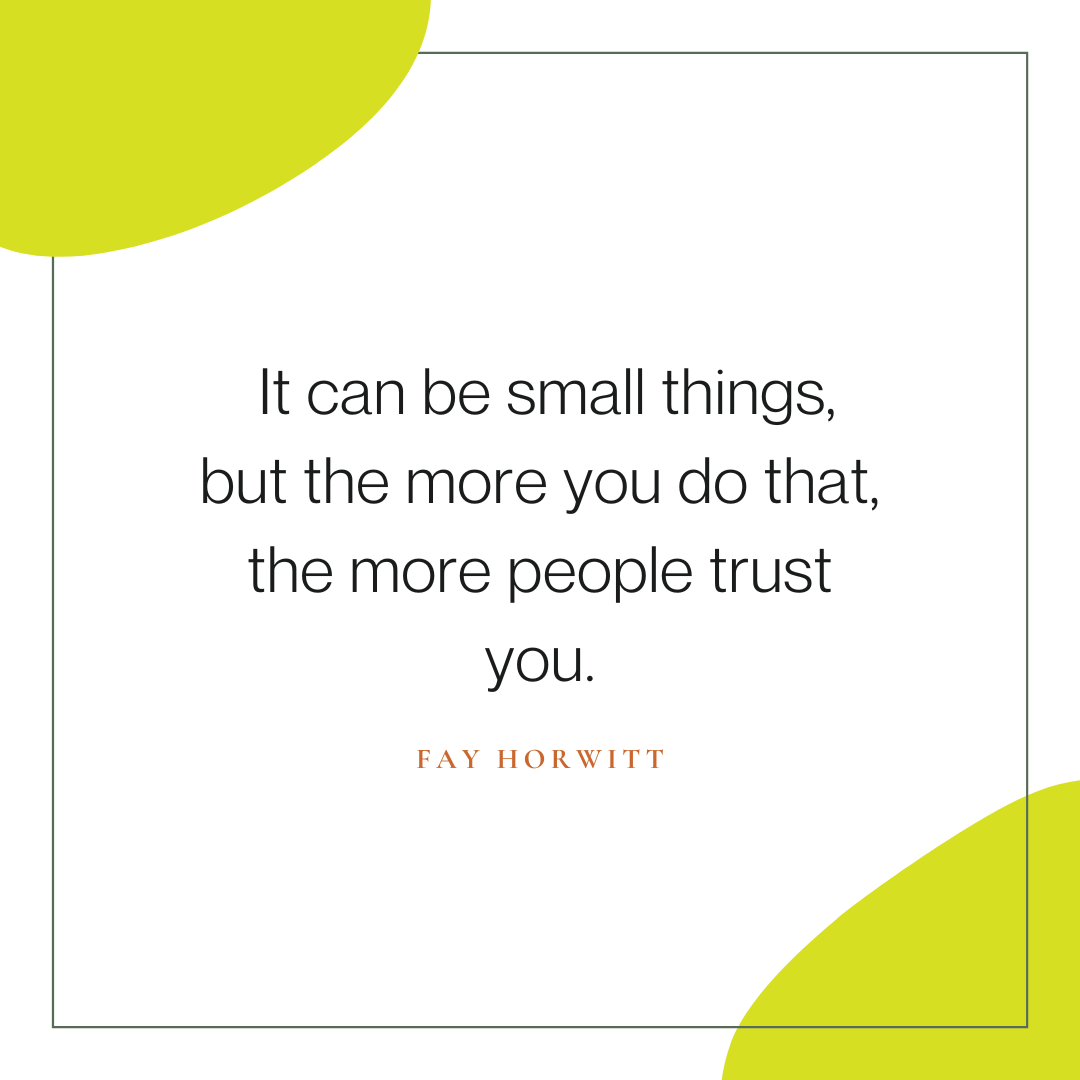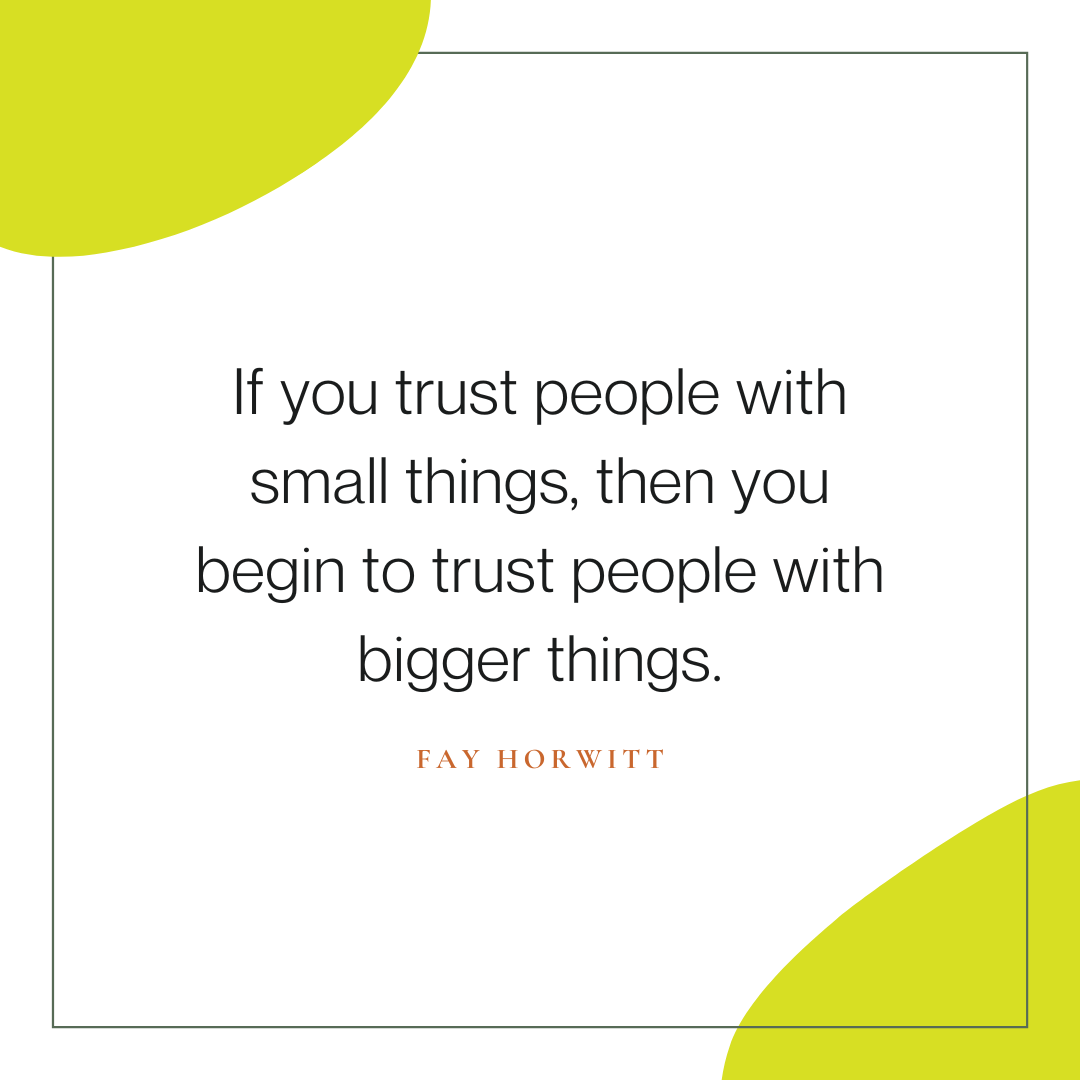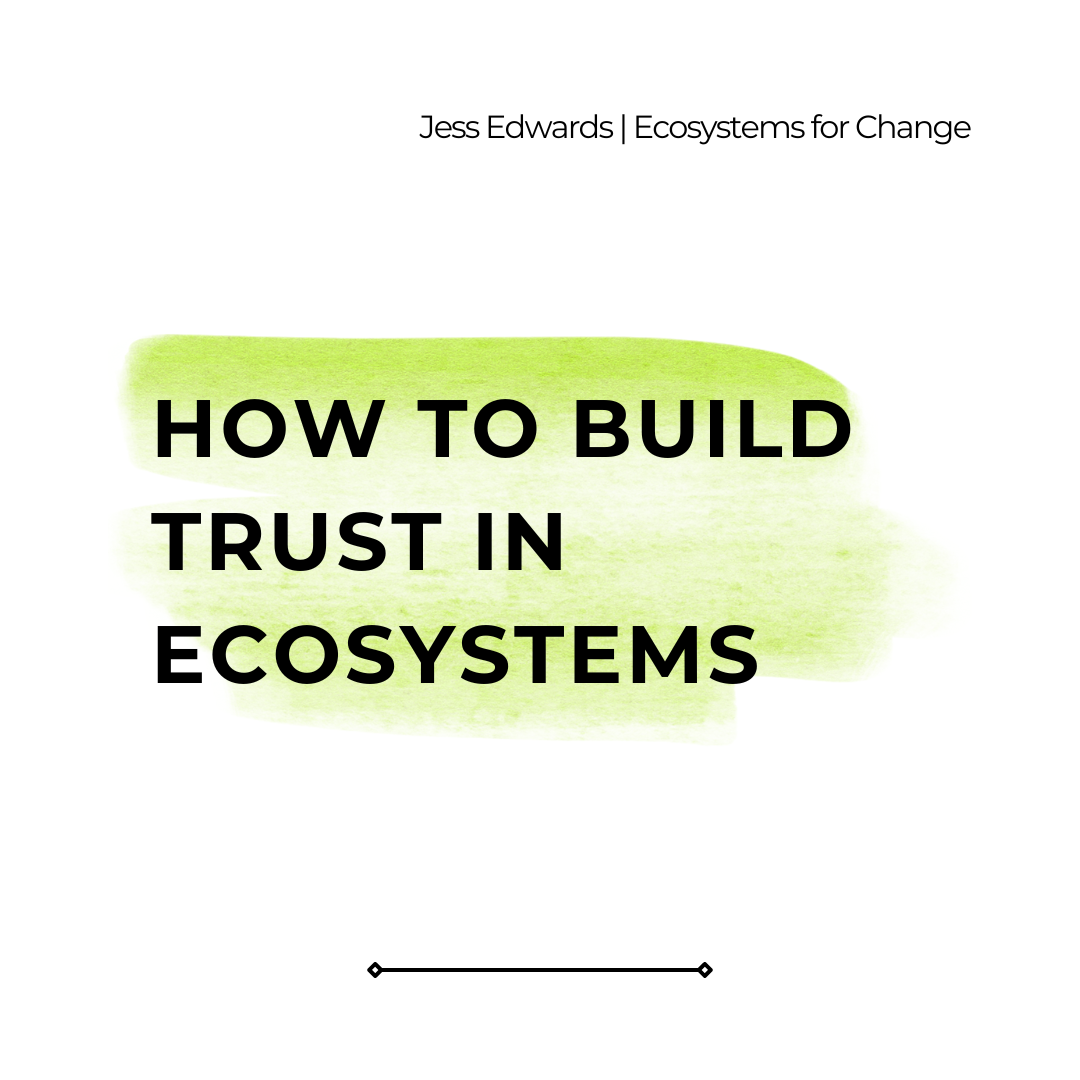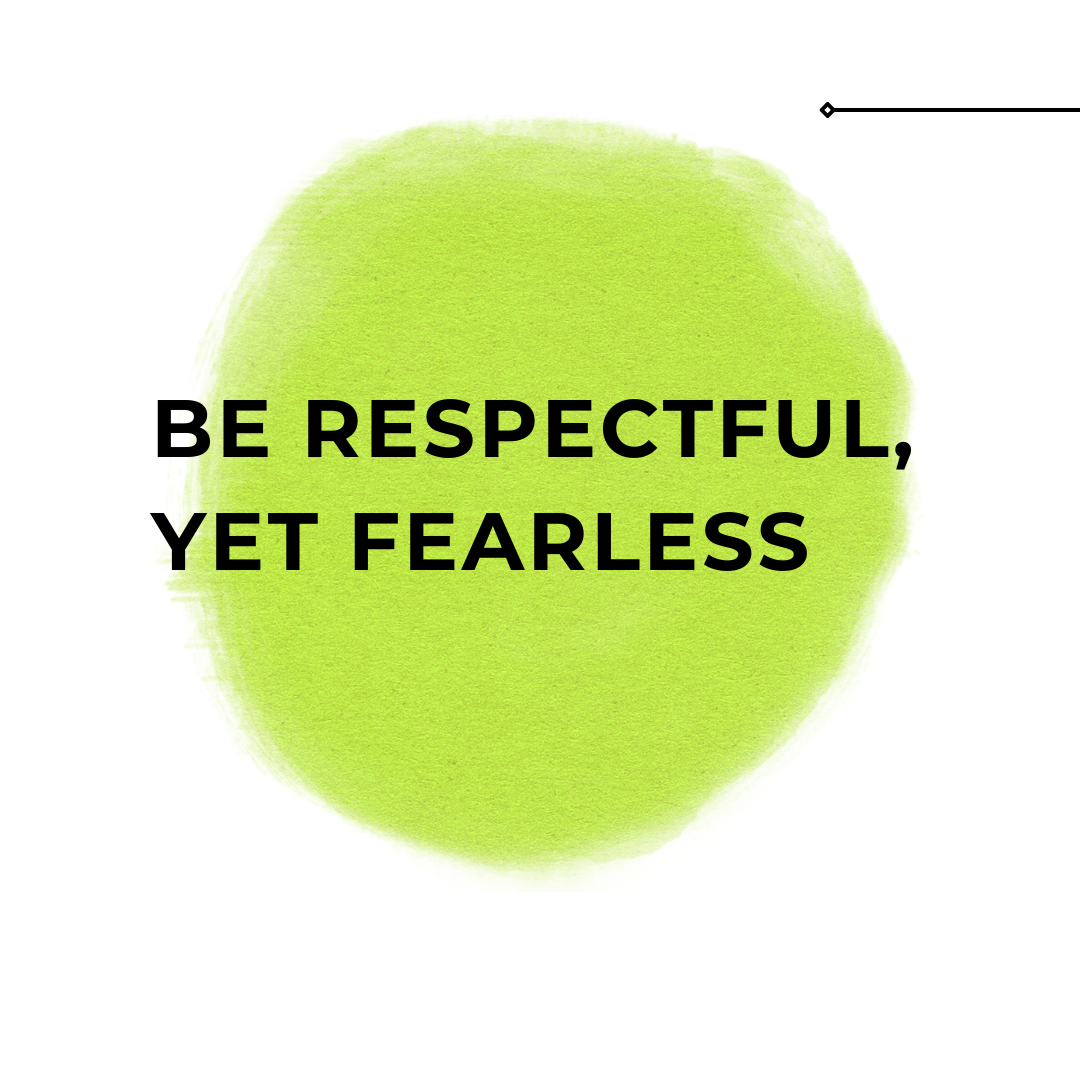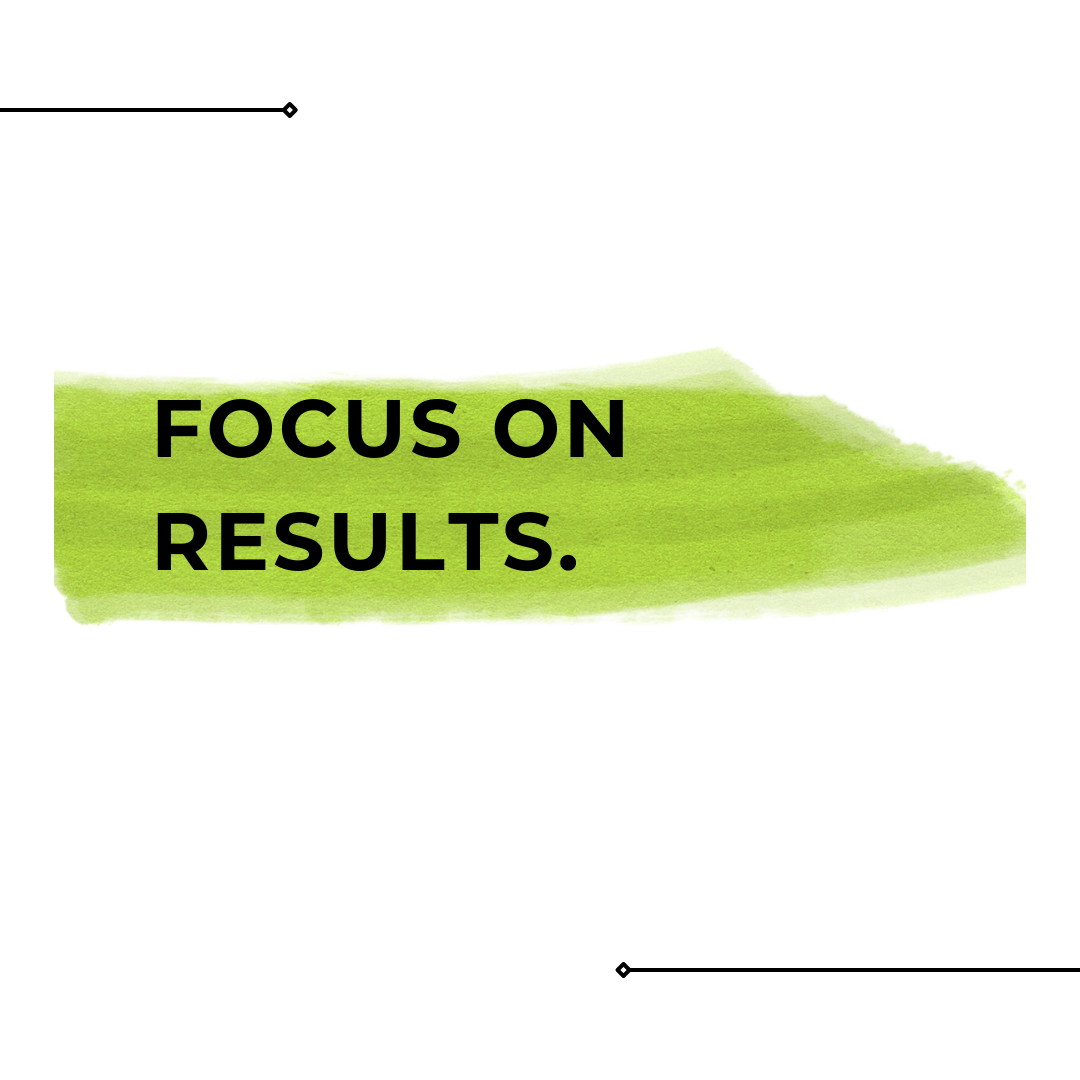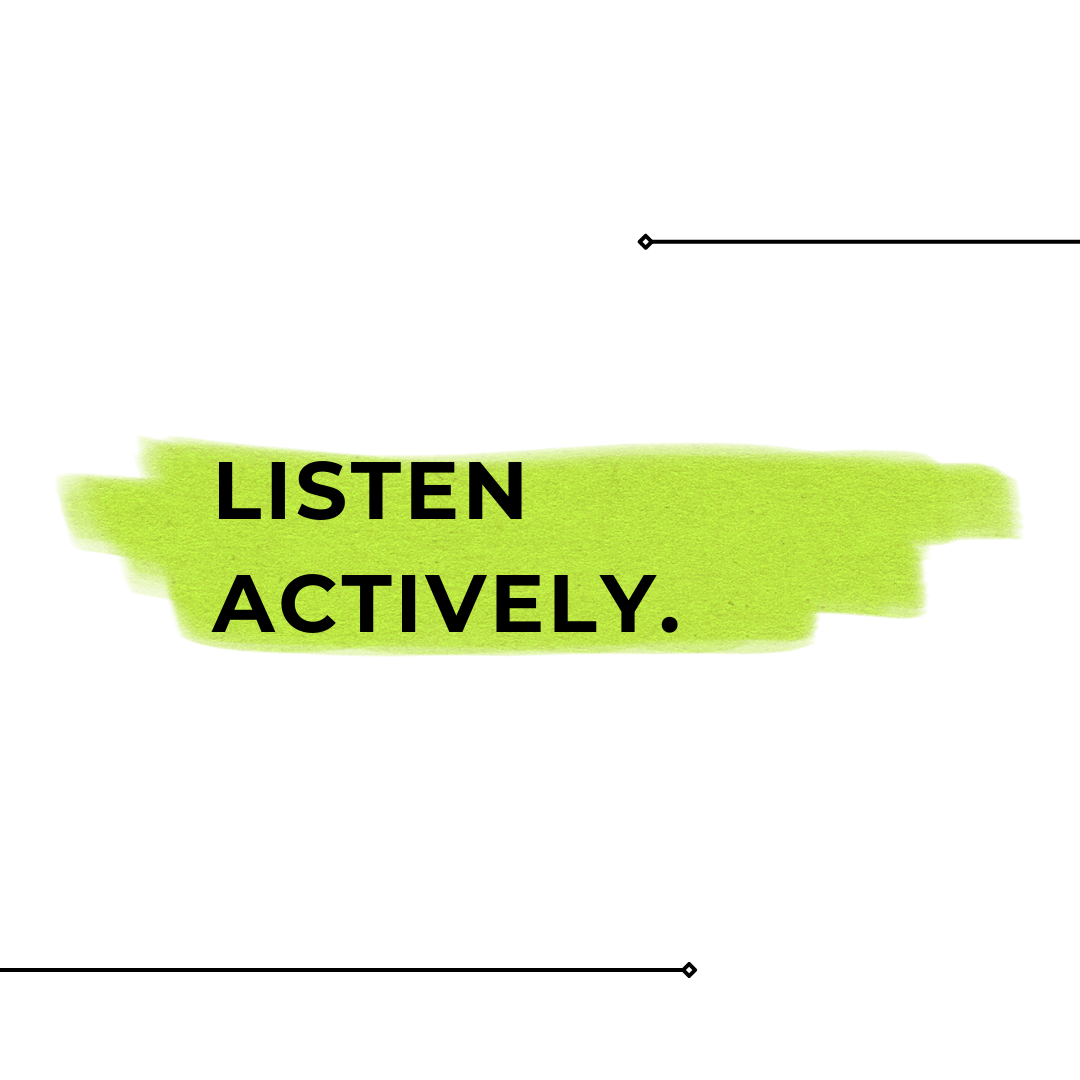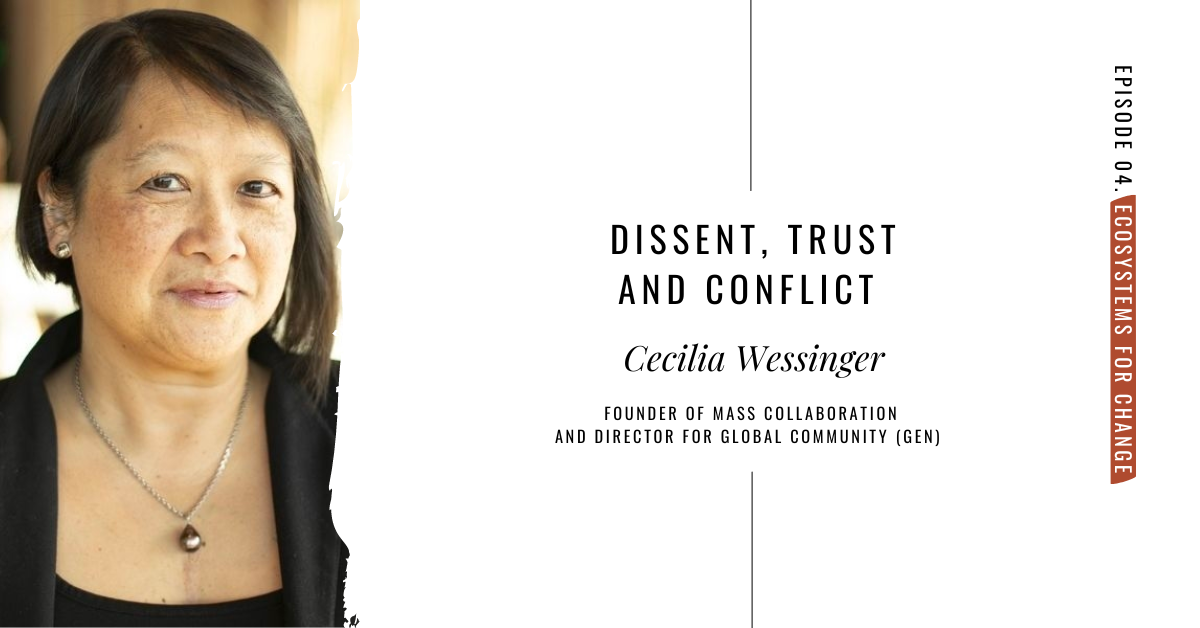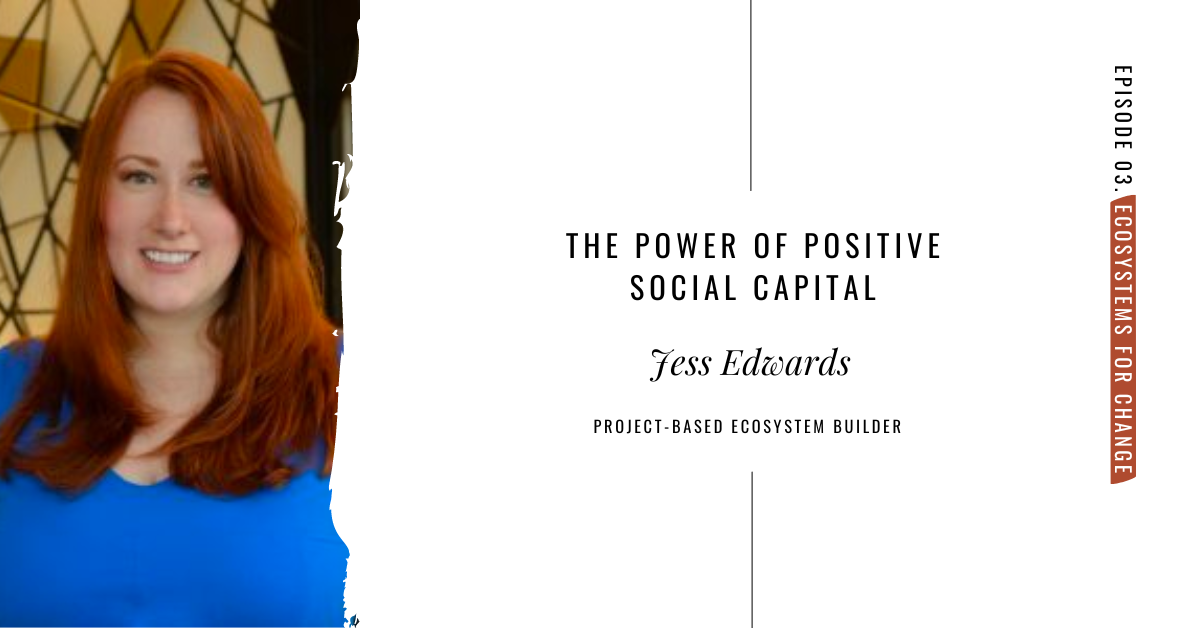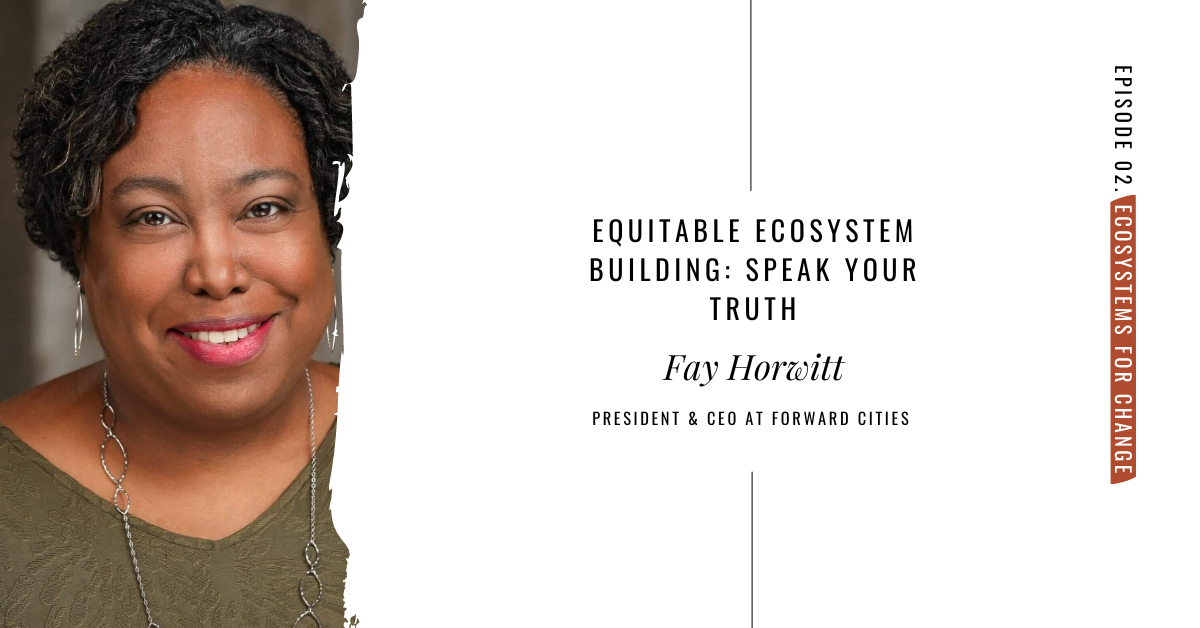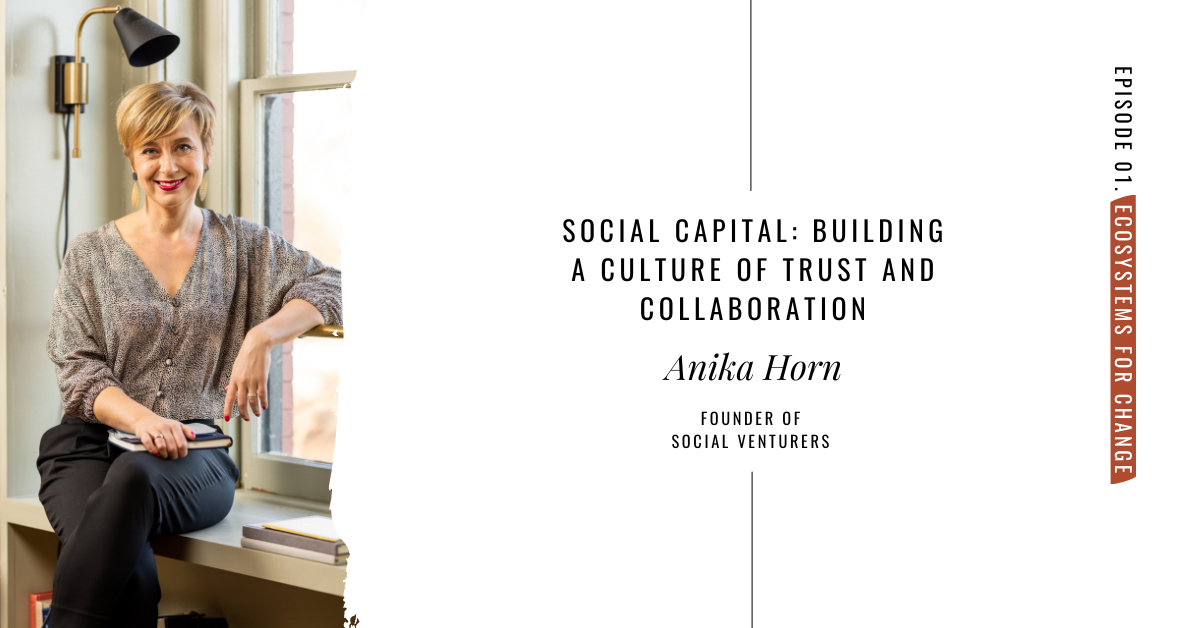Season 4: Building trust and managing conflict in entrepreneurial ecosystems through social capital
Throughout this season, we traveled through the lowest valleys and highest mountain tops of ecosystem building: My guests shared some of their hardest experiences of facing and trying to navigate conflict. We heard some pretty hairy tales about naysayers and saboteurs, and how even seasoned ecosystem builders struggled to keep their cool and move their communities forward regardless. But then we also talked about the magic that is social capital and all the things we can get done - almost effortlessly - when people within the ecosystem trust each other and are willing to pursue opportunities that are best for entrepreneurs in their ecosystem.
Social Capital
In episode 7 of season 4, Julie Heath showed us what social capital looks like in practice when she talked about their non-profit co-working space that was thriving on the power of introductions to help entrepreneurs get unstuck:
An entrepreneur who worked out of the space and needed some technical advice - be it from a lawyer or designer or developer or SBDC adviser - could simply walk over to their desk and get unstuck within minutes rather than trying to solve their problem in isolation and by trying to figure out the official route of hiring out - and paying for - that same advice all of which would take longer, cost more money and overall slow them down.
And it doesn’t stop with advice - thought that’s a key resource for any entrepreneur. It applies to business connections, meeting potential new clients, finding the right investors, recruiting your next ideal hire and so on.... When it comes to building and growing companies - or any changemaking initiative, information is key.
And as we know, in a thriving ecosystem, information flows freely from those who have it to those who need it. In other words, social capital is what enables that free flow of information, talent and resources. It’s the currency, the medium, that makes the whole become greater than the sum of its parts. Social Capital might just be that secret sauce of building essential trust and managing conflict that inevitably arises as part of our work.
And in season 4, we broke down how to build and leverage social capital to navigate conflict and transform your community for better.
The nature of conflict in ecosystem building
First things first, humans are messy. They have personalities and beliefs and experiences and perspectives - and all of which makes it a glorious, wonderful mess. Anything less would be boring.
In the words of Jess Edwards: “Humans are social creatures. Ecosystem building is about helping entrepreneurs and [it] is all about people and collaborative work. If people are involved, there will be drama, there will be issues, and - most importantly - there will be conflict.”
One of the things I learned this season is that ecosystem building is like a road trip. Both Jess and Margo used this analogy to showcase why conflict arises: Imagine you and the stakeholders in your ecosystem are headed to Florida. Before you set out, it seems like you’re all on the same page of where to go. It’s not until you’re actually in the car barreling down the highway that you realize that everyone has a different idea of how to get there: What route are you taking? What pace are you traveling at? How often do you stop for breaks? What’s your snack policy? And what radio station do you listen to?
Ecosystem building is the same. The destination is clear: Supporting the changemakers in your community. But everyone - I guarantee you - has a different idea of how to achieve it, and a different take on what’s important along the way. As it turns out that’s perfectly normal!
In episode 5 of this season, Margo Fliss from Anchorage, Alaska, talked about an ecosystem effort that went pretty sideways. [In case you haven’t listened yet,] she talked about how she was convening stakeholders to share their ideas and plans for an emerging industry in Alaska that everyone was excited about. People had taken time out of their week to attend, they’d driven long distances and came prepared to help this new industry take root in their state. But what happened was that with too many cooks in the kitchen and too little listening, the event somewhat imploded and left nothing but collaboration debris. Here’s how Margo reasoned what happened:
We're vastly different people. We have different experiences, different upbringings, different things we're excited about. If we don't learn how to communicate in a way that allows folks to ask questions and say, “Hmm, I'm actually a little confused by what you mean there. Can you please tell me more about that?” [it gets tricky]. Getting folks running in the same direction is incredibly important. To be honest, there has not been a ton of growth in that group over the last couple of years. There’ve been really fun things and cool new projects and some great entrepreneurs popping up but on the whole, in my opinion, things have stalled out in many ways, and that's really disappointing and really frustrating.
Apart from this lack of productive communication - what else leads to conflict? Having worked in more than 50 communities around the U.S., for Fay Horwitt it often comes down to fear and a scarcity mindset among ecosystem players.
A lot of conflicts have to do with fear. In ecosystem building, it happens all that time that people feel like they’re the only organization left out or somebody gets credit for something that multiple people worked on. There’s this fear of not getting funding, recognition, of not being seen, of not having your voice heard. These are all very real human emotions. And make no mistake, organizations have emotions, too. I like to think about organizations as having their own life. They have their own history and perspective in an ecosystem they’ve been involved in. As an organization, they’ve experienced harm and trauma, and that creates fear.
Given all these insights, it’s hardly surprising that conflict arises in any collaboration-driven endeavor. I would even go as far as to say that if you don’t have conflict, you might not be building anything worthwhile.
My conversation with Cecilia Wessinger’s in episode 4 gave me a whole new appreciation for the value of conflict.
How to manage conflict
If conflict is so natural in ecosystem building - how do we manage it? As a professional conflict-avoider, this question was one of the most interesting ones for me this season. Personally, I like to avoid conflict as much as I can - often to the detriment of my long-term outlook and wellbeing. So don’t be like me - face conflict head on!
1. Conflict has deep roots
By the time we recognize an open conflict, it’s probably been smoldering and building up for years. Sometimes, it’s people’s interpersonal histories and grievances that they never aired. Other times, it’s the culmination of systemic pressure that has built up over decades - or centuries - and that you as an ecosystem builder work to uncover and help heal.
It's one thing to be diverse and inclusive. But you also have to think about what is the, the, what is the history of the lack of inclusion and diversity? What is the damage that is created for, in, for individuals and organizations and how do you make up for that? How can you build and design things in a compensatory way and have leadership and decision making this compensatory so that it makes up for those.
Fay Horwitt
And even when we’re not talking about systemic tension in particular, you’ll often learn that what you’re facing as an ecosystem builder is only the tip of the iceberg of a much larger or older issue at hand. That means, you need to address it as such.
2. Have the hard conversation.
Ideally one-on-one, ideally face-to-face. Do NOT put your hurt feelings and banged-up ego in an email and do not write a blogpost about it. More than anything, do not complain to others about a conflict you’re facing until you’ve talked to the other party you’re in conflict with. Fay and I are both avid writers and best process through the written word. When you write, however, there’s no nuance. The other person reading your words cannot discern your tone nor your intention. Remember: They, too, are taking all this in through their own personal lens and perspective. They, too, filter everything through the experiences they’ve had, through their own insecurities and doubts, and in light of how they’ve perceived you so far.
3. The power of one-on-one
As a project-based ecosystem builder Jess Edwards typically parachutes into communities and hits the ground running. The upside as well as the downside of that approach is that she is not usually aware of which players do not see eye-to-eye, who’s had their feelings hurt by whom etcetera etcetera… Her advice? Have one-on-one conversations with stakeholders who seem reluctant or who bring their preconceived notions to the table. See whether you can help resolve THEIR conflict in order to move your efforts along.
Margo Fliss shared a similar experience. In her case, she talked about building relationships early and bringing soreheads and nay-sayers on board,
It’s a lot of groundwork to build trust and have these uncomfortable conversations early-on. If they’ve lost hope and are already convinced that it’s not going to work, ask them and listen actively: ‘Tell me about what happened. Why do you think it didn’t work? What could we do differently?’ Bring them in and see what they have to say. Sometimes, they’ll never go for the project. They don’t believe in it. And that’s okay. Because at least you attempted to bring them in and make them an active participant.
4. You can’t please everyone
In my early days as an ecosystem builder, I was hellbent on consensus-building. I like people to get along and much prefer we all agree on how to move forward. It got me stuck many times. At some point, I threw my hands up in the air and decided I couldn’t wait for everyone to like me and like my approach. I realized that while this was hyper-important to me, it was nowhere near the top of OTHER people’s priority list. So instead, I decided to just keep my head down and move forward with the people who were as excited and committed as I was - while keeping the door open for some of the stragglers in case they changed their mind. Y’all, this felt like a rebellion! I had finally gotten myself unstuck and it turned out that the nay-sayers didn’t care nearly as much as I did. And there was enough space for all of us to test out our approaches and move the community forward. Even if we didn’t all agree on how to execute.
In episode 6, Todd Nuckols shared how he handles a stalemate,
In conflict, you have to let people choose their path. You can't hold bitterness and resentment towards them. Just do what you can do. Keep your vision simple and continue to keep open arms - you never know what can happen from there.
If there are tension and conflict in your ecosystem, do your best to address it head-on. Don’t shy away from difficult conversations and please please PLEASE have them one-on-one and ideally face-to-face. Listen actively, try to find the root cause of this conflict and offer to help resolve it. But don’t be held hostage or assume you absolutely have to have every single player on board before you move on. There will very likely always be those who don’t want to be part of your thing, who will never agree with your approach or who simply have different priorities. Don’t let it stall your work. You can’t undo history and you can’t make people collaborate who absolutely refuse to work together. Try this instead: re-focus everyone on the mission and put the needs of the entrepreneurs at the center of your efforts. If you do this part well and with sincerity, you can’t be that far off.
5. Don’t be a martyr
In episode 4, Cecilia Wessinger talked about the darker sides of managing conflict and finding yourself at the frontline when no-one else wants to take on this thankless task. Jess Edwards, too, warned us of playing the martyr and if you’ve listened to previous seasons, you’ve heard me say this many times: There’s a fine line between serving our communities and being a martyr. Your job as an ecosystem builder is NOT to help other so-called grown-ups work through their issues. You’re not a therapist.
And if you ask me, stepping into conflict resolution within an ecosystem is not only hard but it takes a lot out of us. I confided in Margo that ever since the pandemic, I have a lot less energy to build new relationships and just put myself out there again and again. I fear that I have somehow become a little less socially adept. And Margo responded with her approach. She said, “I'll put myself out there first. That's exhausting. And it's scary. You have to be willing to be vulnerable. And say, well, that didn't go the way that I thought it would, but I put myself out there and I tried. A big part of it is being vulnerable to build relationships with folks, and that takes time and energy. And honestly, in today's world, time and energy seem to be in short supply for many folks.”
How to mitigate conflict before it arises
With all this being said, I started to wonder: Is there anything we can do to prevent conflict arising in the first place? Can we prevent the waters from getting murky and choppy? Can we set ourselves and the ecosystem up for success before things get tough?
As Jess Edwards explained in episode 3: It’s easy to get everyone excited about cross-sector collaboration, innovation and ecosystem building IN THE BEGINNING. It’s sexy. It’s new. It hasn’t been done before and hopes are high. Nobody knows yet that this is going to take twice as long, cost three times as much, and that the results will look very different from what everyone expects in the now. During this initial phase, when everyone wants a piece of what you’re doing, do yourself a favor and find out WHY they want to be involved (beyond the obvious claim to fame). Find out which stakeholder in the ecosystem is truly committed, what they hope to achieve and what an ideal outcome looks like to them. This is an excellent time for each player to ask themselves “What’s in it for me?” because once the going gets tough - and it will - this is what they’ll fall back on. Once the collaboration hits its first lull and conflict starts to boil over, the lip service of building a thriving and equitable ecosystem is the first thing to go. If the people you’re convening and working with have skin in the game, you need to know and ideally write down - what their value proposition is.
First off: Transparency around what any given party is hoping to achieve sets clear expectations among all stakeholders.
And secondly: You’ll have to remind them of said value proposition once the shine comes off ecosystem building.
On a more practical note, here’s how Margo thinks about expectation setting based on her previous experience where the wheels came off:
I would have changed the parameters and done pre-work to make sure that everybody was on the same page and how they defined what success would look like. The second thing that I would have done would have been to tell folks, ‘As the facilitator, here's what I'm gonna be doing. Here are the expectations for me and here are the expectations for you as a participant. Miscommunication can be so detrimental to the success of an event, an organization or a program moving forward.
How to build trust
In the ESHIP playbook version 3.0, the definition of entrepreneurial ecosystems - which is the definition I use to guide my work is as follows:
The essence of an entrepreneurial ecosystem is its people and the culture of trust and collaboration that allows them to interact successfully.
What we hardly ever talk about but have taken for granted, is the idea of building trust. Season 4 allowed us to dive a lot deeper into the idea of trust and what it takes to build it within complex adaptive systems. To me, managing conflict and building trust are two sides of the same coin. The whole of which is social capital - greater than the sum of its parts.
I asked each guest this season how they build trust and here’s what I learned:
1. Do what you said you were gonna do
This sounds simple, because technically it IS simple, but at the same time, this is a clear instance in which we separate the wheat from chaff: Whether or not you do the thing you committed to will decide whether or not people trust you. And we’re not talking about huge efforts here, friends. We’re talking about the small stuff. How often have you had a coffee meeting and thrown in “Oh yeah, I can introduce you to that person!” or “I’ll send you that report when I get back in front of my computer.” or “Sure, I’ll share that link with you.” and then didn’t? Because it seemed easy in the moment but too much effort after the instance? Because other stuff got in the way? Because life got busy? Or because it didn’t seem that relevant after the fact? If you want to earn people’s trust, do the thing anyway. Realistically, it will only take a few minutes, it’s an easy scroll or search whereas the person who you made the commitment to may have NO WAY of getting access to what is easy for you. Just do it.
If you find yourself in a situation repeatedly where you’re not following up on your commitments, ask yourself why that is. I am guilty of getting very excited in the moment and then - once the enthusiasm wears off - not following through because my to-do list gets the better of me. Once I observed that behavior, I stopped making so many promises. I am now able to catch myself at that moment and I’m a better judge of what I can offer and realistically deliver on.
2 Work on small projects
As with small commitments, you can also pick small projects to work on together before you try to go after these big hairy audacious goals in your ecosystem. Some of the people I have learned to trust the most in my career are the ones who pulled me into a project they were passionate about and we got to work together. Rather than talking things over and over, rolling up your sleeves together shows you whether or not you can rely on each other, and whether you can build something cooperatively.
One of the steps in Strategic Doing revolves around picking small, manageable and realistic projects that can be achieved within thirty days. They have to be realistic to avoid the excuse of being overwhelmed or overworked. Working on small projects together shows you what cloth the other players are cut from. Based on this commitment and delivery, we decide whether or not we trust others.
3 Be(come) credible
In episode 3, Jess Edwards explained trust-building in terms of credibility and shared the three ways in which you build up your credibility:
- Be respectful, yet fearless. In other words: Say what needs to be said, even if it’s not a popular opinion. As long as you build your opinion based on what’s best for the entrepreneurs or changemakers you’re serving in the community, you need to voice that opinion with sincerity and conviction. Be respectful, ground your views in what’s best for the ecosystem, don’t sugar coat it.
- Be results-oriented. Nothing beats results. Similarly to what Julie Heath argued in episode seven: Know your metrics and facts. If you need to, walk around with your folder of statistics and graphs to show what you’re all about and where you’re headed. Not only does it show that you’ve done your homework and understand the issues at hand intimately - it’s hard to argue with data and results. Having the data to back up your actions and decisions makes you more trustworthy than someone who throws opinions at a wall to see what sticks.
- Be an active listener.
4. Be an active listener
Sit down and listen. As Fay pointed out, as ecosystem builders we need to listen more than we speak. In episode 2, Fay shared the example of starting an ecosystem project in Baltimore. The community Forward Cities was engaging with had been surveyed to death without ever seeing and enjoying the fruit of that research. By the time Fay and her team came around, constituents were - understandably - apprehensive of Forward Cities. Instead of jogging through her prepared presentation, she turned the projector off to sit down and listen: To the community's previous experiences. To their fears and mistrust. To their concerns and wishes for their community. Madelynn Martiniere talked at length about the importance of participatory design in season 2.
And Margo, too, explained in great detail how she lays the foundation for any collaboration early-on by seeking out conversations with critics, so-called soreheads. Listening is not just a tool to win over nay-sayers - it is generally a good practice when you try to develop trusting relationships. It signals that you value the person opposite at least as much as the effort you’re working towards.
5. Show up, celebrate and support
In season one, we talked to Charlton Cunningham about how you build trust in an ecosystem and his resounding advice was: Show up wherever and whenever you can - within reason - to listen and become actively involved in your ecosystem. Attend events, become part of the conversation, find out what’s needed and offer to help where you’re qualified.
Margo Fliss echoed this sentiment:
If something great happens for someone in the ecosystem - you celebrate! You shout it from the rooftops because whether it’s a win for you or for some other organization - as long as it’s a win for the entrepreneurs in your community, it’s a win for everyone!
Rick Turoczy raised another important point with regard to showing up that I hadn’t previously considered: Being a trustworthy ecosystem building means showing up where people are already doing things. As impatient problem solvers and gap fillers we are quick to roll up our sleeves and create what we believe is needed. The smarter approach is - as always - a little patience. See what others are already doing and - instead of building new tables - sit at the tables that are already set up and see what you can gather from them. You can’t expect people to show up for your thing - or trust you - if you don’t do the same thing for them first - without expecting anything in return.
6. This IS the work
All of this trust building takes a lot of work and even more time - time we don’t always feel like we have when we’re trying to show what we can do, when we’re reporting on grants with strict timelines or when things simply seem so dire that we feel like we need to jump into action yesterday. But as Fay and Margo and Cecilia and Jess and Rick and Julie and Todd shared: Sitting down, listening actively, having hard conversations and building trust - all that IS the work. As effective ecosystem builders, we invest deeply in all these intangible activities before the first plan gets hatched, before the first collaborator is on board and before the first strategic doing initiative kicks off. THIS is the groundwork of nurturing and advancing our communities through ecosystem building.
And it can be hard. I believe that this is almost impossible to get right when you’re just starting out. As I’m convening the entrepreneurial ecosystem in the Shenandoah Valley, I’m constantly reminding myself that I haven't built up much social capital yet in the four months I’ve lived here. I have to actively remember that slow and steady wins the race of relationship building and I’ve taken many pieces of advice from this season to guide my work here in the Valley. I hope you’ll do the same.
Season 4 key resources
- The Rainforest: The Secret to Building the Next Silicon Valley, Victor W. Hwang
- Who Do We Choose To Be? Facing Reality | Claiming Leadership | Restoring Sanity, Margaret Wheatley
- The Medici Effect: What Elephants and Epidemics Can Teach Us about Innovation, Frans Johansson
- Strategic Doing, Ed Morrison
- The Power of Giving Away Power: How the Best Leaders Learn to Let Go, Matthew Barzun
- Social Physics: How Social Networks Can Make Us Smarter, Alex Pentland
Organizations & People
Tools
Browse Season 4
S04E04: Dissent, Trust and Conflict with Cecilia Wessinger
Cecilia Wessinger shares what types of conflict she has encountered in helping convene an ecosystem of ecosystem builders and how she approaches trust building.
Read MoreS04E03: The Power of Positive Social Capital with Jess Edwards
Jess Edwards talks about how she builds and leverages her social capital when she parachutes into a community and why ecosystem building is like a roadtrip.
Read MoreS04E02: Equitable Ecosystem Building: Speaking Your Truth with Fay Horwitt
I invited Fay Horwitt to share some of her hardest-won lessons when it comes to managing conflict in ecosystems and to tell us how Forward Cities builds trust.
Read MoreS04E01: Social Capital: Building a Culture of Trust and Collaboration
How do we build a culture of trust and collaboration within our ecosystems so that we might look beyond individual agendas and focus on what is best for entrepreneurs? In short, how do we build social capital?
Read More